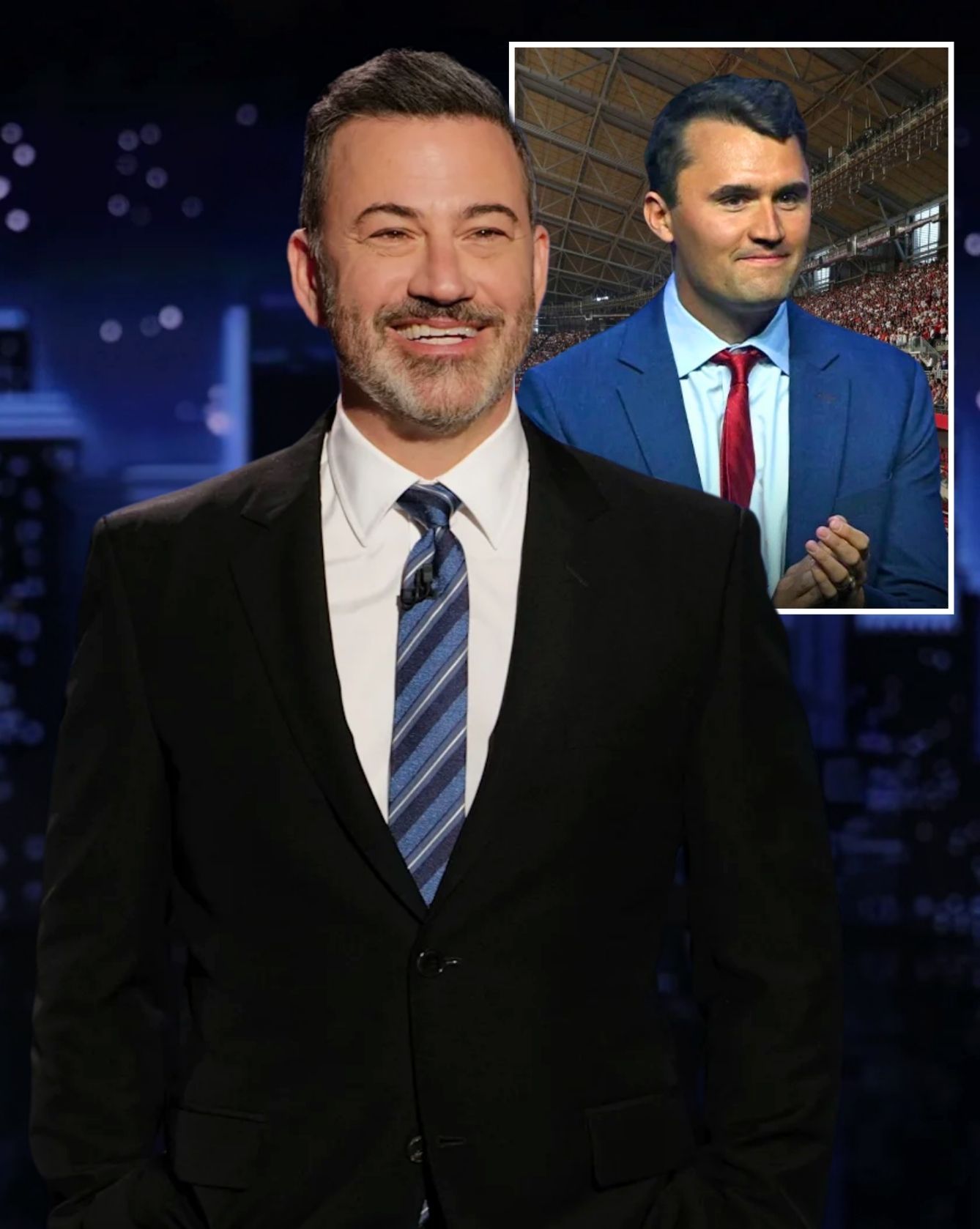After nearly a week of silence, Jimmy Kimmel returned to the late-night stage with what is already being called one of the most consequential monologues of his career. The ABC host, who was briefly removed from the air amid mounting political pressure, confronted not only the controversy that led to his suspension but also broader questions about free speech, misinformation, and grace in the face of tragedy.
From the moment he stepped onto the stage, the atmosphere was electric. The audience roared, but Kimmel, visibly moved, quickly shifted to gratitude. “I’ve heard from so many people this week — friends, rivals, even people I’ve never met — and I’ll never forget it,” he said. Then came the line that set the tone for the night: “Maybe most of all, I want to thank the people who don’t support my show or what I believe, but support my right to say it anyway.”
A Monologue That Mixed Humor With Gravitas
Kimmel’s opening was laced with his trademark humor — recalling an early firing from a Seattle radio job, teasing colleagues like Stephen Colbert and John Oliver, and poking fun at political rivals. Yet the heart of the night was anything but comedy.
Addressing the uproar around his remarks following the assassination of Charlie Kirk, Kimmel grew solemn. “It was never my intention to make light of the murder of a young man,” he said. “I don’t think there’s anything funny about it. I sent a message to his family the day he was killed asking for compassion, and I meant it then, and I still do.”
Kimmel made clear he never intended to target any political group, calling the shooter “a deeply disturbed individual who believed violence was a solution — and it isn’t. Ever.”
Then, in one of the most poignant turns of the night, Kimmel invoked the words of Erika Kirk, Charlie’s widow, who stunned America by forgiving the man accused of killing her husband. “That is an example we should follow,” Kimmel said. “If you believe in the teachings of Jesus, there it was — a selfless act of grace, forgiveness from a grieving widow.”
Taking Aim at the FCC and the White House
The comic reserved his sharpest words for the FCC and the Biden administration, accusing them of using intimidation to muzzle dissent. “If we don’t have free speech, we don’t have a free country,” he declared. “It’s that simple. If this most fundamental right perishes, the rest will topple like dominoes.”
He called out FCC Chairman Brendan Carr by name, likening his threats to those of “a mob boss” rather than a regulator. And with his signature wit, Kimmel joked, “When the Germans are offering me a job for free speech, you know America has a problem.”
Tylenol, Trump, and the Autism Debate
The monologue also tackled one of the week’s most controversial claims: Donald Trump and RFK Jr.’s suggestion of a connection between Tylenol and autism. Kimmel played clips of Trump’s repeated refrain — “Don’t take Tylenol” — before skewering the idea:
“This is Tylenol we’re talking about — the thing you take when they won’t let you take anything that actually works. It’s never, ‘They gave me Tylenol.’ It’s always, ‘All they gave me was Tylenol.’”
The laughter that followed did not diminish the seriousness of his point: misinformation, especially from leaders, has real consequences.
A Return That Felt Historic
Kimmel acknowledged that his show, in the grand scheme, “isn’t important.” What matters, he insisted, is that America remains a place where such a show can exist. “Comedy isn’t supposed to make everyone comfortable,” he said. “It’s supposed to test boundaries, challenge leaders, and sometimes make us squirm. That’s the point.”
The night closed with a standing ovation. The studio, and viewers across the nation, seemed to sense that this was more than late-night television. It was a cultural flashpoint — a reminder that the battle over speech, truth, and forgiveness is no longer confined to politics or pulpits. It is playing out in real time, under the bright lights of Hollywood, with comedians, widows, and presidents alike shaping the conversation.
Jimmy Kimmel’s return was not just a comeback. It was a confrontation — with power, with grief, and with the very meaning of freedom in America.
